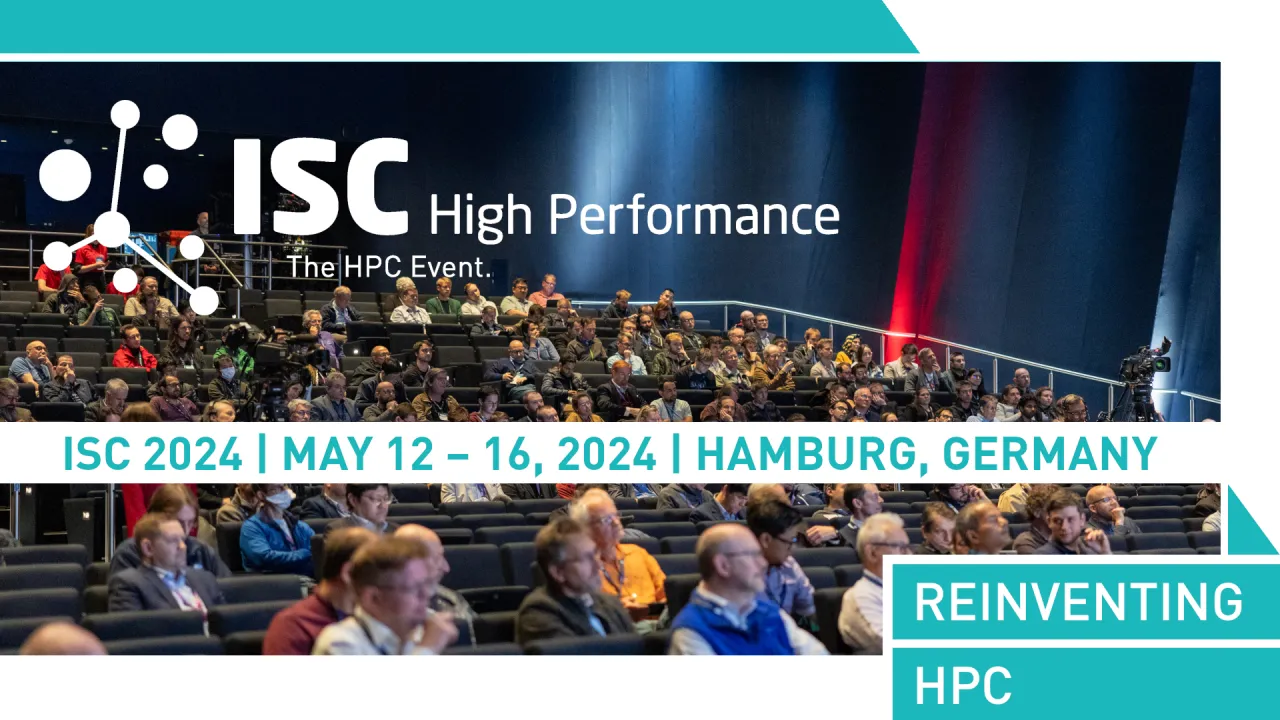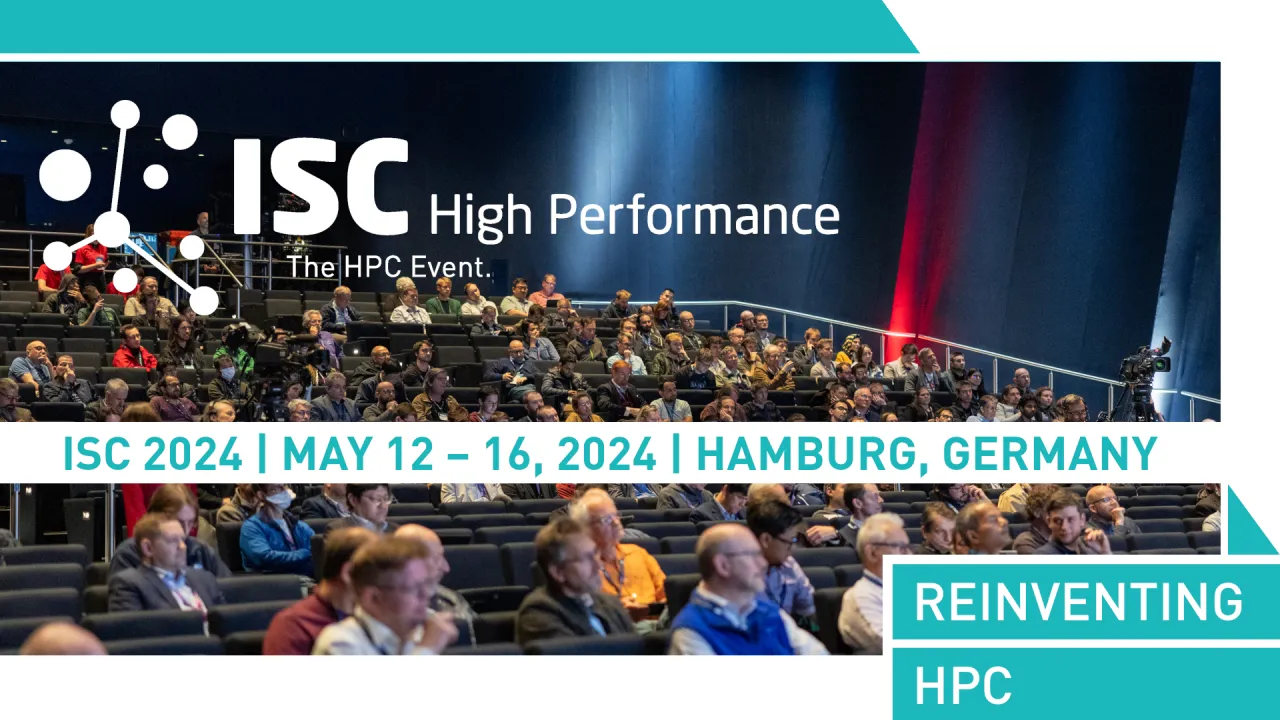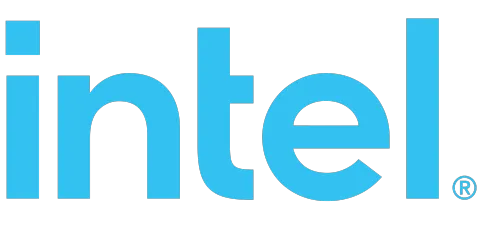

Unlocking the next 35 years of software for HPC and AI
Tuesday, May 14, 2024 6:45 PM to 7:30 PM · 45 min. (Europe/Berlin)
Hall 4 - Ground floor
Special Events
Application Workflows for DiscoveryCommunity EngagementHeterogeneous System ArchitecturesPerformance and Resource ModelingScalable Application Frameworks
Information
Increasingly powerful hardware has provided high-performance computing users the performance to solve increasingly complex problems at scale. At the same time, open and scalable software has enabled scientific, academic, industrial, and commercial users the ability to exploit technical innovation. But today, innovators wanting to utilize the power of the highest-performance processors are forced to compromise on openness.
Since ASCI-Red just before the turn of the century, Intel has embraced standards-based software on high-volume hardware to open and expand access to supercomputing. As the focus of high-performance processing moves from CPUs to accelerators, multiple device-specific or proprietary programming models have emerged enabling the first wave of heterogeneous and accelerated computing.
In the last five years, the industry and Intel have made significant progress both enabling existing standards like SYCL, MPI and OpenMP for accelerated computing. Moreover, Industry leaders including Intel and Codeplay have formed the Unified Acceleration (UXL) foundation to provide an open, cross-platform accelerated programming model for AI and HPC at scale.
In this talk, Andrew Richards, CEO of Codeplay Software, will demonstrate the huge progress that has been made in opening up accelerated computing to innovators. Many critical applications and frameworks already work on open platforms. Hardware innovators have discovered how to support open platforms with their accelerator designs. Learn how you, too, can benefit from this fast-growing open ecosystem: whether you’re a software developer or accelerator designer.
Learn how you too can join in the UXL Foundation’s work and help bring openness to the next revolution in computing.
Format
On-siteOn Demand



